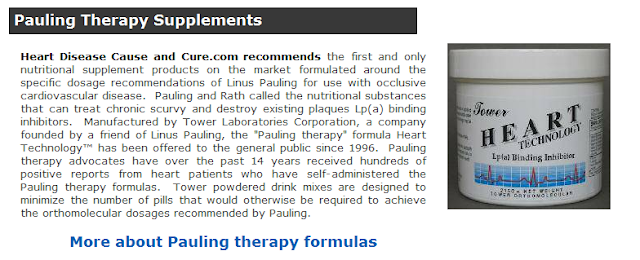The second thing that catches my eye is Carol's testimony. This is an example of anecdotal evidence, evidence based on a story instead of experiments or facts. Unfortunately, most people believe this type of evidence even though it's usually not true. Carol says, "I eat anything I want to and the only exercise I get is walking for a few minutes between offices at work. At this time my heart remains 'un-blocked,' all my arteries are clean ... so simple."
WHO contradicts this by declaring the key to protecting yourself against heart disease is "engaging in physical activity for at least 30 minutes every day of the week and eating at least five servings of fruit and vegetables a day"[1]. This graph shows the fruit and vegetable intake around the world. Higher fruit and vegetable intake is linked to lower risk of CVD and overall health benefits. Does it make sense that a miracle treatment can prevent cardiovascular disease without exercise or a healthy diet? If it's that simple, it's probably too good to be true.
WHO contradicts this by declaring the key to protecting yourself against heart disease is "engaging in physical activity for at least 30 minutes every day of the week and eating at least five servings of fruit and vegetables a day"[1]. This graph shows the fruit and vegetable intake around the world. Higher fruit and vegetable intake is linked to lower risk of CVD and overall health benefits. Does it make sense that a miracle treatment can prevent cardiovascular disease without exercise or a healthy diet? If it's that simple, it's probably too good to be true.
If "a simple, lifesaving, non-prescription, non-toxic cure" has been invented, then why hasn't CVD decreased? Why does WHO predict that CVD mortality will, in fact, increase form 17.3 million deaths in 2008 to 23.6 million deaths by 2030[1]? Again, if it seems unrealistic, it most likely is.
The product: Pauling Therapy Supplements. These have been "offered to the general public since 1996" so why haven't CVDs decreased since then? Why haven't they been used all around the world if they have received "hundreds of positive reports"? Also, notice it doesn't say "hundreds of patients cured". This product may slightly increase your wellness level when diagnosed with CVD, but it isn't the "lifesaving cure" they claim it is.
Once you've scrolled to the bottom, all the way to the fine print, there's a statement that contradicts everything previously stated about their product: "products are not intended to diagnose, treat or cure any disease". Clearly, this website is not a reliable source of information about cardiovascular disease since their products cannot be trusted. I hope this post has shown you how to determine which websites are dependable and which are not. Remember: the most important thing you can do to keep your heart happy is to be physically active and eat a well-balanced and nutritious diet!




